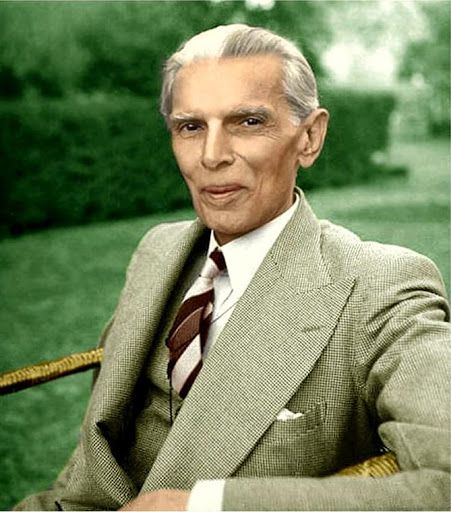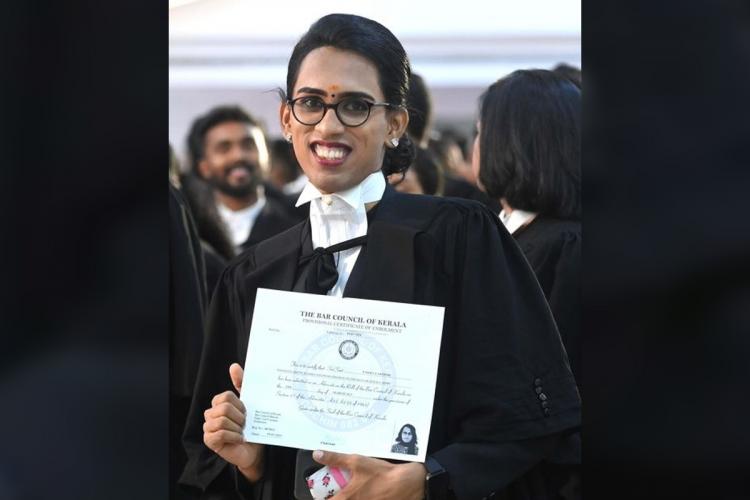Title: The Manager Who Became an Influencer; Author: Harish Shivdasani; Publisher: Rupa Publications; Pages: 98; Price: Rs 195
Apart from usual factors like promotions and salary hikes, the superior-subordinate relationship is a crucial consideration for employees when they decide whether they want to continue working in an organisation. But what lies at the core of this relationship? The answer: Mutual trust.
Being an effective leader, or an inspirer, to a subordinate or lateral employee takes a lot of effort. Aiming to simplify the process, “The Manager Who Became an Influencer” summarises the whole journey of inspiring into two basic pre-requisites.
Firstly, the leader needs to tap into the dreams of the person who s/he aims to mentor and provide the required motivation and zeal. Secondly, give them the confidence that the goal is within their capabilities, which is possible only through constant interaction.
Daily interaction, according to the author, is a crucial part of a work day, which can either make or mar an employee’s attitude to working and producing fruitful results. The senior person knowingly or unknowingly mentors his/her subordinates through these daily interactions — and they require a bona fide connection and hence mutual trust.
Harish Shivdasani, who is currently a leadership coach to CEOs and their teams, attempts to establish the fact that the employer or the manager should take efforts to increase interactive sesssions and establish mutually supportive and trusting relations with subordinates or professional associates to retain them for a longer period of time.
With a combination of management lessons and principles of psychotherapy, the author provides practical, scientific and “sure to succeed” strategies in his book which can be used to mentor and develop teams and raise their performance levels.
Shivdasani writes that a trustworthy relationship is a pre-requisite not only for a superior in an organisation; he stresses on “mutual trust” being able to bring about a change in almost everyone — be it a subordinate or colleague, or even friends or spouse — and lead to fruitful and harmonious relations.
“Trust as the basis of relationship is highly important for bringing about change in the behaviour of a spouse, a teenage child, a friend, even a domestic help. A careful study of the rules and principles of creating mutual trust will greatly facilitate the development of harmonious and productive relations with all those you interact with in everyday life,” he explains.
Shivdasani, a former faculty at the Indian Institute of Management, Ahmedabad, says: “The book is a result of my deep interest and experience in mentoring and developing people, and its growing significance as sustainable competitive advantage.”
The author divides his book into two broad parts. The first deals with developing genuine and trustworthy relationships, citing the “not so easy to establish” mutual relationship as a condition for effective mentorship.
He says that mentoring, developing and thus changing people is not possible unless they perceive their mentor — or anyone assuming that role — as genuinely interested in their development and their relationship is perceived as genuine and trustworthy.
In the second part, he mentions practical day-to-day strategies for inspiring and mentoring people and explains the necessity of asking questions, focusing on strengths, focusing on individuals rather than teams, and the importance of rewards and punishments.
(Porisma P. Gogoi can be contacted at porisma.g@ians.in )
—IANS






What is internet blogging and what is the best blog website?